Each year I re-print the story of the Peggs tornado that I wrote for The Tahlequah Daily Press in 1985. This story is important because it is a part of our history. It is a sad story, but it is also full of human compassion and courage. We should not forget the many whose lives were cut short. They were important and their lives mattered. It is a tragic story and we wish it had never happened, but it did. It is a part of our Oklahoma history and it matters.
It was a night that would be long remembered. The day had been suffocatingly hot and sunset brought no relief. A massive black cloud which had crouched in the northwest all evening began to move. Lightning flared constantly. Those in the path of the storm that Sunday, May 2, 1920, had a date with destiny. As the tornado cloud turned and moved east, it churned directly into the little town of Peggs, demolishing everything in its path.
An article in the Henryetta, Oklahoma’s Daily Freelance dated May 3, 1920, stated, “More than 50 persons were killed and more than 150 injured in a storm that wiped out the little town of Peggs, Cherokee County, Oklahoma at 9:30 last night.”
As it turned out, more than 100 died–some outright and some later, of injuries. The little cotton town whose population had been 500 was devastated, leaving only a hotel, two homes, and the jail standing. Gone were the grocery stores, a barber shop, two cotton gins, pool hall and two drug stores. Families and friends were severed, leaving survivors with lasting memories of the tornado’s destruction.
The grandmother of Bill Hinds, Tahlequah merchant, lost her life in the storm. “My mother and dad, Helen and H. I. Hinds, lived in Hulbert,” said Mr. Hinds. “They visited my grandmother, Mary Ellen Riddlen Hinds and Aunt Dennis Hinds who lived at Peggs, frequently on Sunday afternoons. This particular Sunday, my folks started to visit in Peggs when they saw this storm cloud and turned back to their home in Hulbert. My grandmother and aunt saw the storm approaching. My grandmother told my aunt to get under the bed. The last glimpse my aunt had of Grandmother was her attempting to follow.”
Miss Ruth Allison, former Tahlequah resident who now lives in Muskogee, remembers the night of the tornado. She and her sister and parents could hear the roar of the storm across the 16 miles separating Tahlequah from Peggs. She remembers the phone call that summoned her father, Dr. John Starr Allison, to the aid of the stricken town:
“The phone lines in Peggs were down,” said Miss Allison. “As soon as someone could get through to a phone, they called my father. Daddy went to a drug store and got all the medicine he could. An early Tahlequah resident, John B. Stapler, drove my father’s Ford, taking him and Miss Edna Holland to Peggs. Miss Holland was a registered nurse who had been head of nurses at an Oklahoma City hospital. She served as Dean of Women at Northeastern Teachers’ College for a short time after coming to Tahlequah. My father encouraged her to go back into nursing, after seeing how efficiently she aided the tornado victims. They had a hard time getting to Peggs…There were trees and things all over the road. They had to get out often and clear the way. My father was the only doctor there that night. He operated on storm victims using the headlights of his car for light. Some doctors from Muskogee were able to get through about daylight. I remember how exhausted Daddy was when he got back home.”
Some of the injured were brought to the Tahlequah hospital which was then the Morgan House at 525 Seminary.
Renus Warren, minister of the Peggs Community Church, was a small child at the time of the tornado. “Rocks hit all around our house,” said Warren. “And lightning–why, you could have seen anything by that lighting. I remember my dad holding me and telling me not to be scared. About midnight, a neighbor came and hollered my dad out of bed. He said that Peggs was blown away and they needed all the help they could get up there. My dad went up by horseback that night. My sister, mother, and Uncle Frank Warren and I went by wagon the next day. We had to leave the wagon a mile south of Peggs and walk the rest of the way. I’ll never forget what I saw. There were chickens walking around without a single feather, dead cows in the road, houses and trees all over.”
Renus saw his first airplane that same Monday. According to the Henryetta newspaper, the Tulsa Tribune sent a newspaper man to Peggs on the morning of May 3.
“The news reporter got to Peggs about 1 Monday afternoon,” said Renus. “He surveyed the storm damage by air then landed in Bud Thornton’s hay meadow. He walked about a mile on into Peggs.”
(To Be Concluded Tomorrow)
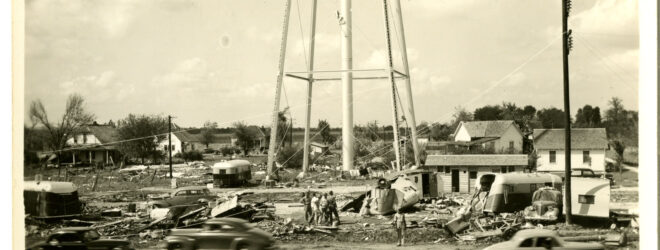
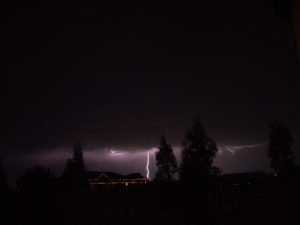
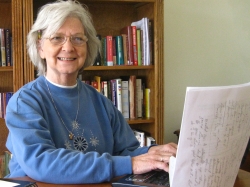
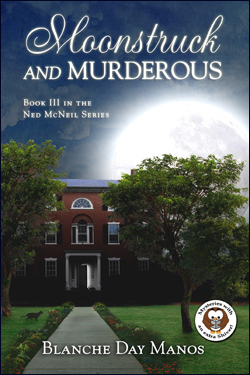
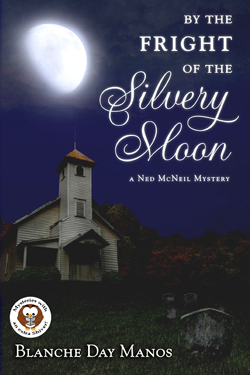
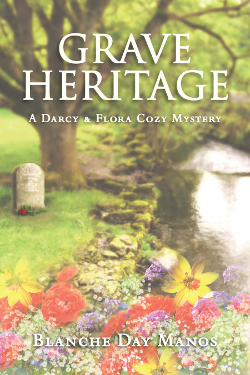
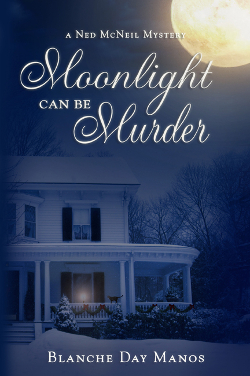
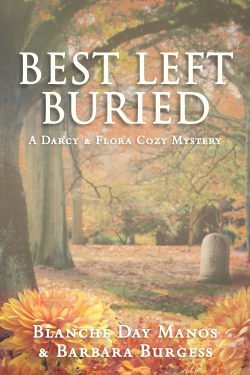
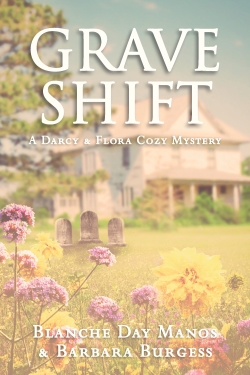
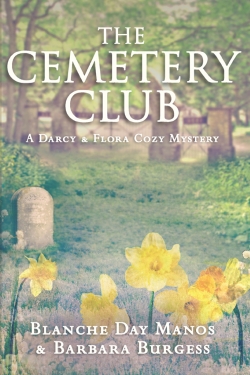
My grandfather, Ned Lowrey heard the roaring noise, saw the tornado with all the debris flying around and decided he would find out if anyone was hurt or needed help. He saddled his horse and started riding from his house ( he lived on Spring Creek close to Teresita) toward Peggs but there were so many fallen trees that he had to tie his horse to a tree and walk the rest of the way to what was left of Peggs. He recalled all the mud plastered on everything, the sheer destruction of everything. People from the surrounding areas came to help do whatever was needed. The women took the deceased females to a make shift area to clean the mud from their bodies and get them ready to be buried. The men did the same for the males. He told about the unusual things he saw, things that were never moved but everything around it were destroyed. Families lost every thing they owned, one farmer never found some of his cows. It was assumed they had been picked up in the eye of the tornado and dropped elsewhere. My grandfather witnessed the devastation first hand and told numerous sights that he witnessed.
Fran, thank you so much for this. Mr. Lowrey was an eye witness to the horror. I’m glad he told you about it. It was a terrible time and I think we should remember it. It was a part of our history. Many broken hearts and broken lives that day and also many heroes. Thank you for taking the time to write.
Thank you. Dr. John Starr Allison, MD, is my great-grandfather.–Louisa McCune, Oklahoma City
You are most welcome. I felt privileged to talk to these people,who had such first hand information. Dr. John Allison was a wonderful person and so was his daughter Ruth.